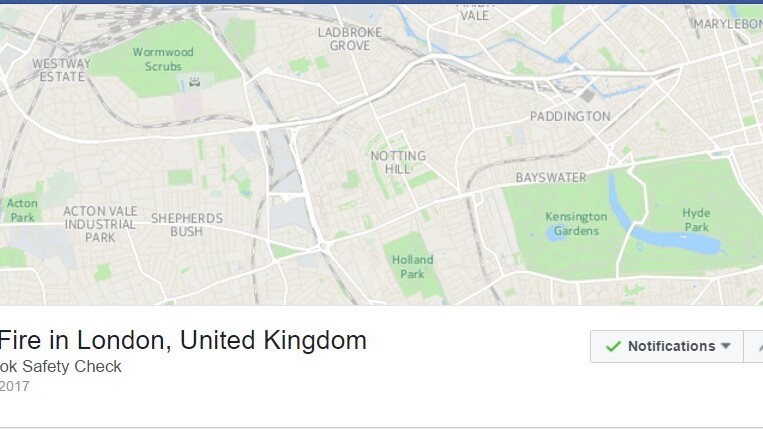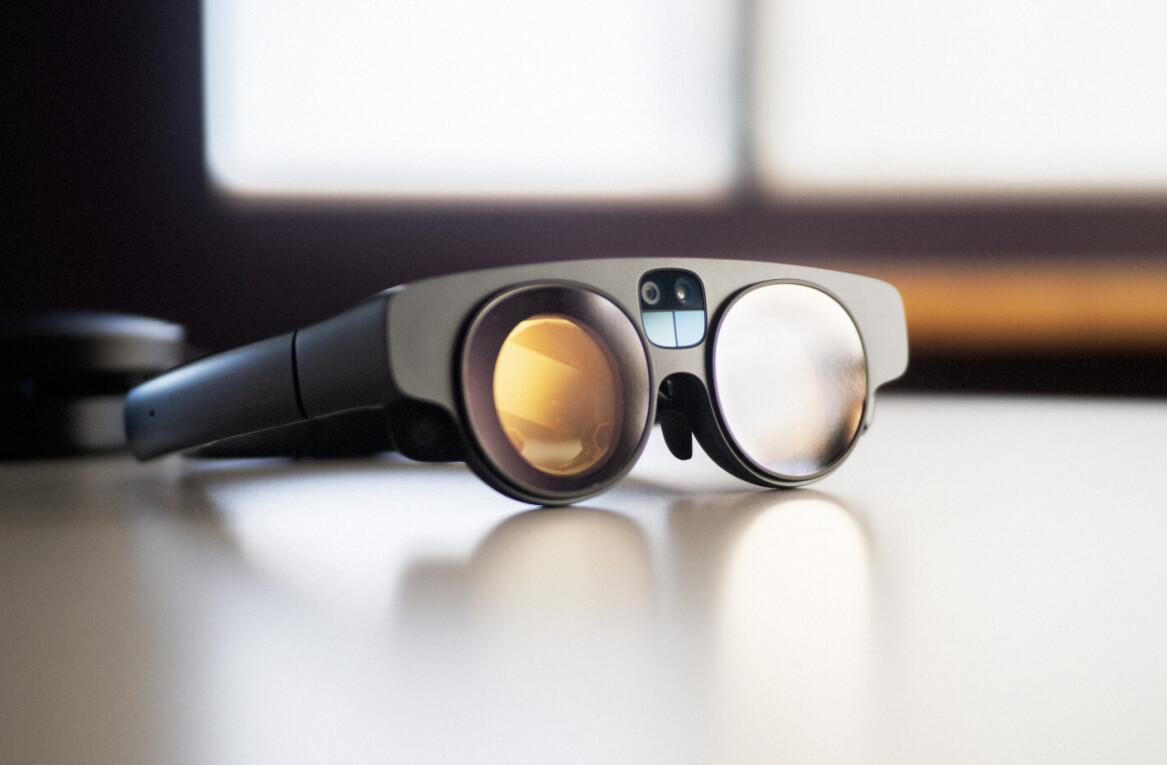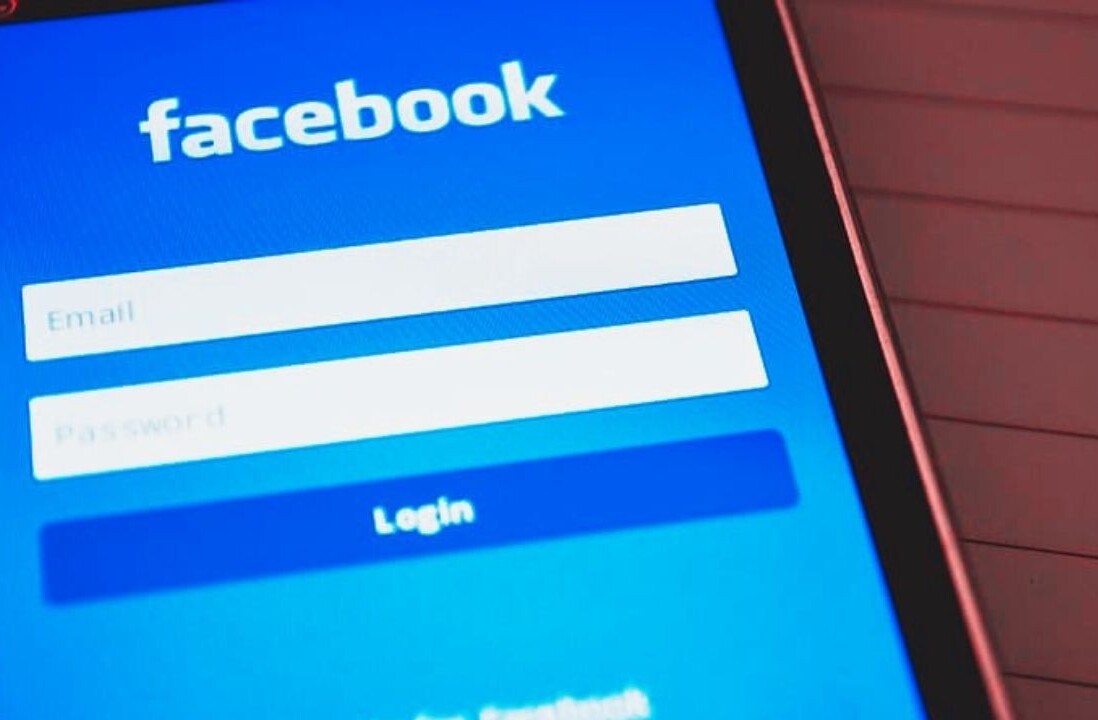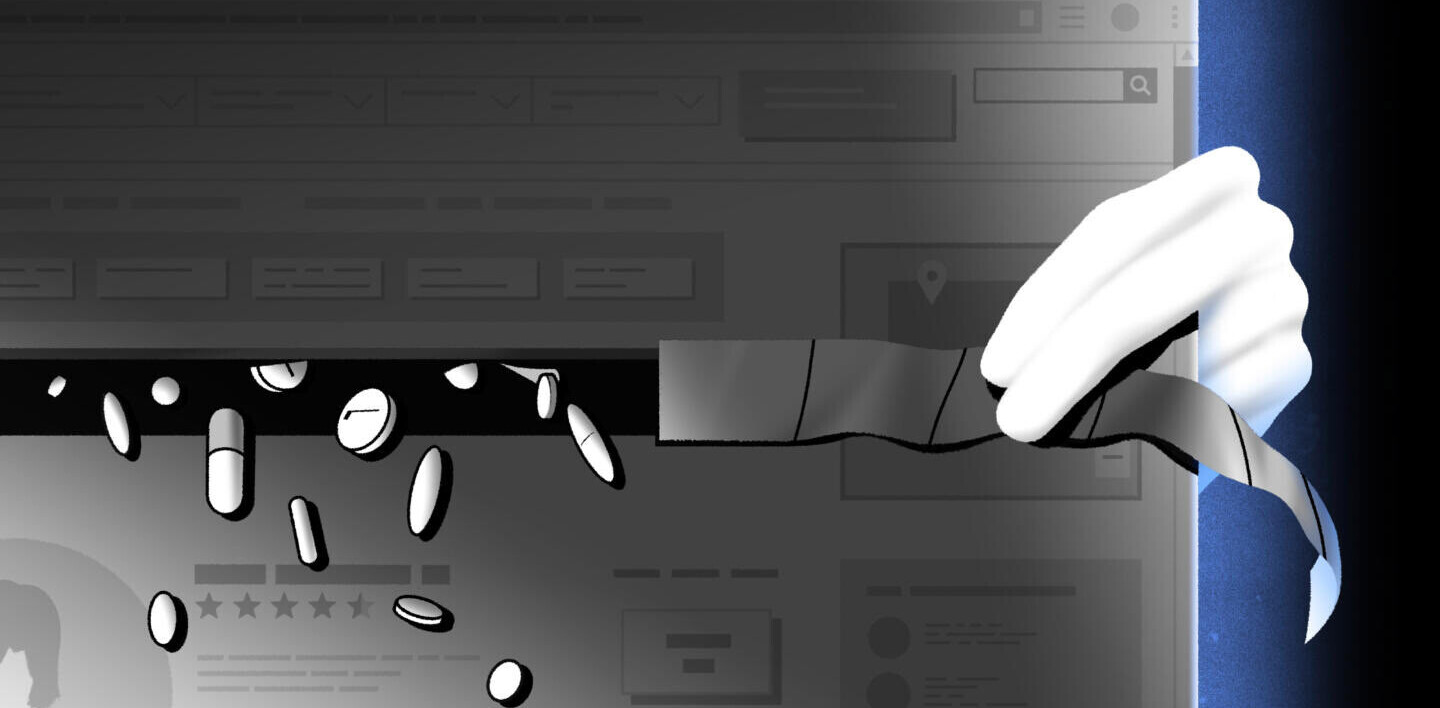
The road to hell is paved with good intentions. Take Facebook’s Safety Check feature, which allows people to ‘check in’ to let their friends and family know they’re safe in the aftermath of a disaster, like an earthquake or terror attack.
On one hand, it’s relatively sensible. It lets people tell their network that they’re okay. But on the other hand, it’s easily abused, and prompts to ‘check in’ are dreadfully targeted.
Today, the company added several new features. In the United States, you can launch a fundraising campaign from within Safety Check. Users can also leave detailed notes whenever they say they’re okay. Facebook has also expanded community help, and grabs descriptions of events from several open-source organizations.
Okay, so that’s good. But it doesn’t change the fact that the feature is, by and large, a total mess.
For starters, Facebook is terrible when it comes to targeting Safety Check. This is a long-standing problem. During the 2015 Nepalese earthquake, people in completely different countries marked themselves as safe, as a kind of grossly unfunny, macabre joke.
The same thing happened after the 2016 Lahore bombing. According to Facebook, this was the product of a ‘bug,’ which is a weird way to describe human nature, but I digress.
And today, after Facebook switched it on in response to the London apartment block blaze, the site prompted people miles away to check in.
Increasingly uncomfortable with Facebook doing this. I live 6 miles away. Feels like they're adding to people's stress to drive engagement. pic.twitter.com/6UxZ6iJDTZ
— rob manuel (@robmanuel) June 14, 2017
Clicking through to an incident’s page also demonstrates how bad this targeting is. Facebook prompts you with a list of people to ask if they’re safe. Many of the folks on my list either didn’t live in London, or had recently passed through on business or as tourists, and were not in the city.
It also gave me the option to ‘check in,’ which is obviously inappropriate, as the last time I visited London was almost seven months ago.
Given Facebook can tell when I’ve gone to the shops, or if I’m at the airport, I find it a little strange it can’t apply that kind of granular tracking to this vital tool.
Although good-intentioned, Safety Check is horribly flawed. That said, it’s not a hopeless case. There’s a lot Facebook could do to solve this. For starters, it could use the masses of location data it gathers, and actually think about who it sends notifications to. It could also come down against those who abuse the feature with bans and temporary time-outs.
But until then, maybe it’s time to turn it off?
Get the TNW newsletter
Get the most important tech news in your inbox each week.




